Archive for March, 2013
The “Resource Ask” Scenario
In the world of management consulting (“hired hands”), I have often experienced a “world is flat” mindset while figuring out solutions to problems. At first this may seem like a generalization. Let me sketch an example. For example, if a project manager seeks additional talent (also labeled “resources”) in order to deliver a project, often an email request is sent to the decision-maker containing the “Resource Ask.” See the email thread below for an illustrative example.
“From: John “v-dash” Doe <v-john@company.com>
To: Peter Pan <resource_manager@company.com>
Subject: Resource Ask for Project MurphyHi Peter,
Due to the unforeseen delay in completing the design milestone, we have a compressed timeline to perform quality assurance and release Murphy 1.0 on Oct 12. In order not to avoid schedule slippage, I’d like to request a resource ask of 3 testers to mitigate this risk. Considering that the new resources have to ramp up with the project, it will be great if this request can be approved ASAP.
Let me know what additional information that I can provide.
Thanks in advance.
John “v-dash” Doe”
A view of the world through the computer terminal connected through the Internet does not always guarantee a 360 degree, multipolar and comsmopolitan view. In an era of uncertainty and cost control, a resource surge may require a variety of stakeholders representing different interests and perspectives who have influence and may weigh in collectively before the approver can make an informed decision.
Let’s take a page from the insights of General Stanley McChrystal.
“I saw good people all trying to reach a positive outcome, but approach the problem from different cultures of perspectives, often speaking with different vocabularies. I hoped time working together would create trust and a common picture.”
General Stanely McChrystal. My Share of the Task: A Memoir. Portfolio/Penguin, 2013.
Below is a dialogue mapping view of the resource surge scenario that I understood and appreciated while reading My Share of the Task. In some regions of the multipolar world where there is little of no Internet connectivity, actors “read with both their eyes and ears.”
Operating a multipolar world requires the nuanced skill of a cultural architect which requires crossing the chasm from just being a “hired hand” towards a world of purpose (higher aim).
A Cultural Architect
A cultural architect works in an organization at a grassroots level and enhances his (her) sensitivity to the unconscious lives of groups and influences the creation of an organizational culture that is both authentic and vital to life.
Strategy Briefing for MotionPoint
Looking through the crystal ball, I wondered if MotionPoint might consider leveraging its core competency in localization in order to educate brands about operating in a multipolar world.
Documented by Last Mile Resource
Envisioning a Carrier’s Turnaround: A Strategic Briefing
The TWEET View
- Turnaround of T-Mobile (used as a case study for a classroom discussion)
- Write a living turnaround plan that identifies the work, the “working together” and the answer to the question “what do you want me to do?”
- Engage and empower the stakeholders to think together to enhance collective intelligence
- Execution mantra (operational excellence by design)
- T-Mobilization of customers to deliver a seamless multichannel experience and increase stickiness
Context
Given the dynamics of the changing telecom ecosystem and the seismic shift in what buyers value, most of the carriers are often caught in a zone oscillating choice between product differentiation and cost leadership. This challenge imposes a mandate for market followers to reclaim lost marketshare (due to earlier misexecutions) and deliver innovations that lead to the creation of experiences that capture the customer’s imagination.
A recent survey conducted by eMarketer revealed that 68% of consumers’ smartphone use happens at home. The continuum of smarphone use spans across the following (Harvard Business Review, Jan 2013):
- Self-expression – Participation in hobbies and interests (1%)
- Discovery – Seeking news and information (4%)
- Preparation – planning for upcoming activities (7%)
- Accomplishing – Managing finances, health and productivity (11%)
- Shopping – Seeking a product or service (12%)
- Socializing – Interacting with other people (19%)
Understanding such a scenario and confronting the customer moments of truth is a not-to-miss opportunity for any brand to create an effective turnaround plan for corporate renewal. We analyze the business challenges facing T-Mobile in this case study.
Critical Success Factors
In order to achieve the objective of increasing shareholder value, a subset of critical success factors include the following:
- Increase the relationship capital of business processes with an outside in customer focus.
- Capture uncontested marketspace by breaking the value/cost tradeoff.
- Institutionalize operational excellence by design (Apple CEO Tim Cook’s values)
- X-ray and simplify everything using the “law of subtraction” and eliminate waste (i.e., avoid shareholder value destruction).
My Intent
The questions that I’d like to explore are the following:
- What is the underlying business model for navigating in the Collaboration Economy (TM) “rooted in an emerging human culture of access, openness and trust?”
- What is the essence of the FISO (Fitting In and Standing Out) mindset so that it can cement connections, increase organizational learning and create the foundation for a performance-centered growth engine?
- How to reinvigorate the brand by becoming a cross-cultural learner with a BRICs and Clicks view of a multipolar world and promote the pursuit of frugal innovations (or “jugaad” in Hindi)? (BRIC: Brazil, Russia, India, China)
Jugaad is a colloquial Hindi word that roughly translates as “an innovative fix for your business; an improvised solution born from ingenuity and cleverness.” We can localize jugaad in other languages — Brazilian, Russian, Chinese, etc — to obtain a multicultural viewpoint.
Viewed through the lens of throughput operating strategy, using the twin strategies of Adaptation and Arbitrage (2 A’s) will enable T-Mobile compete more effectively for the future.
- Adaptation – Increase T-Mobile’s local relevance while serving underserved markets to claim uncontested marketspace
- Arbitrage – Balance supply and demand by leveraging CAGE differences between national or regional markets
Boundaries
- Degrees of Freedom: Mine the collective intelligence of the workforce for innovations and establish sustainable partnerships
- Constraints: Market, cost and resource constraints
Backbrief
The success of a turnaround hinges on measuring and managing while ensuring a phased transition from the emergency stage to the stabilization stage and eventually to the return to growth stage.
A detailed narrative of the envisioned turnaround of T-Mobile from a customer-centric viewpoint can be found here.
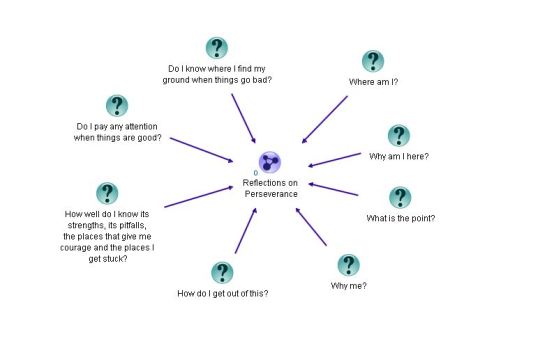

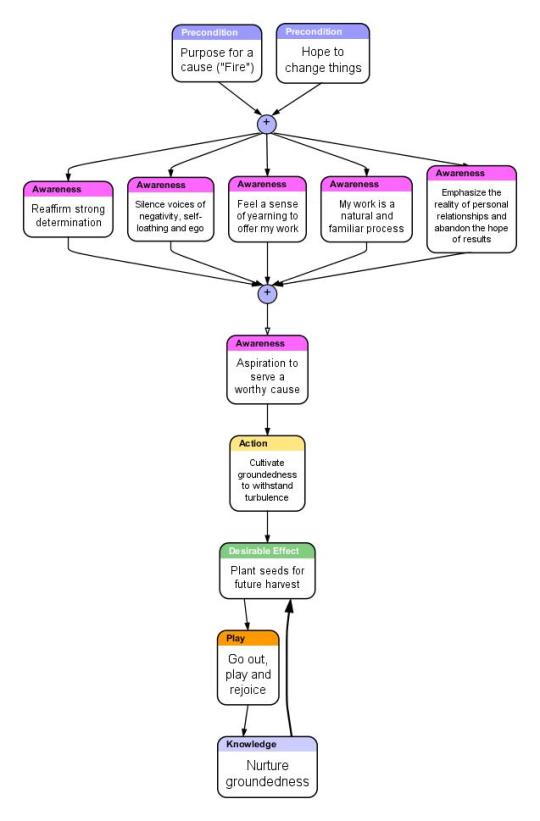
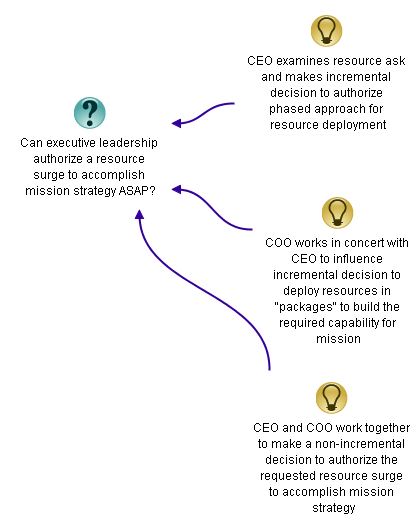
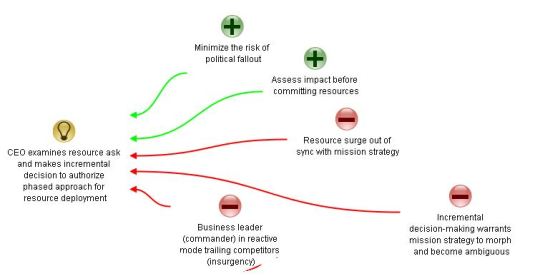
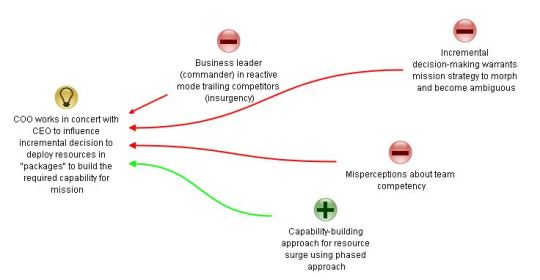
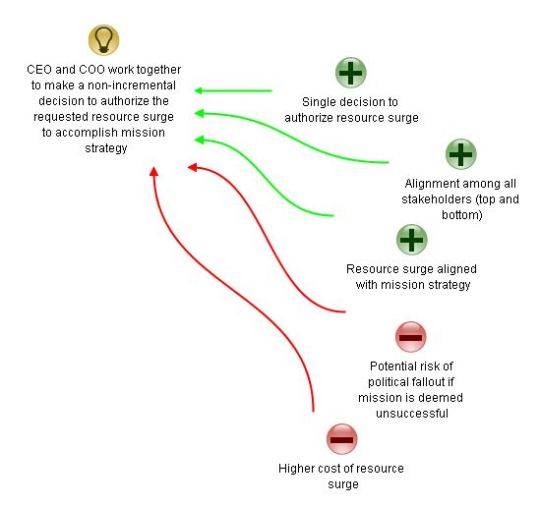
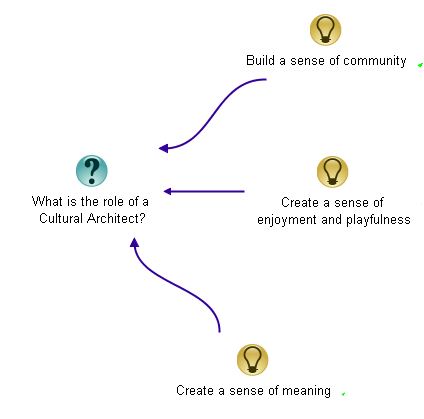
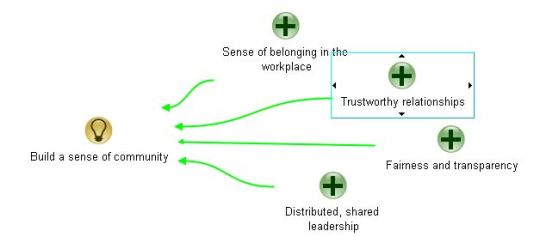
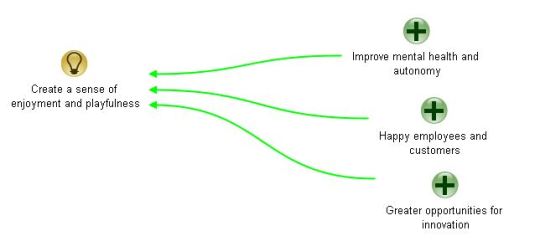
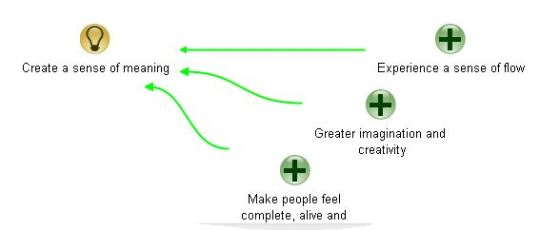
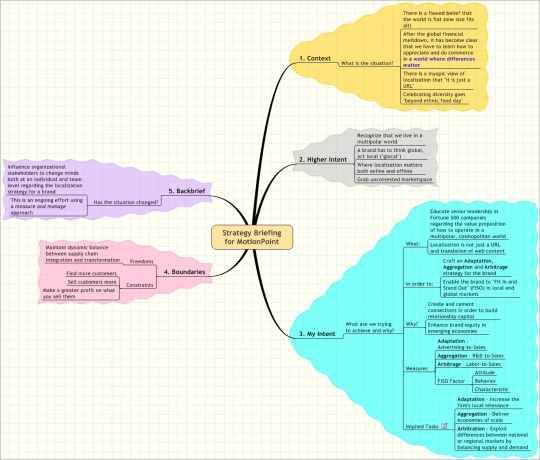
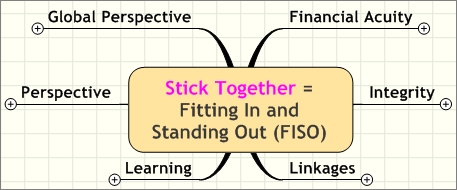
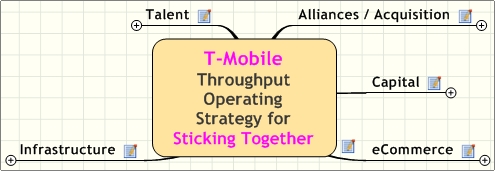
Recent Comments